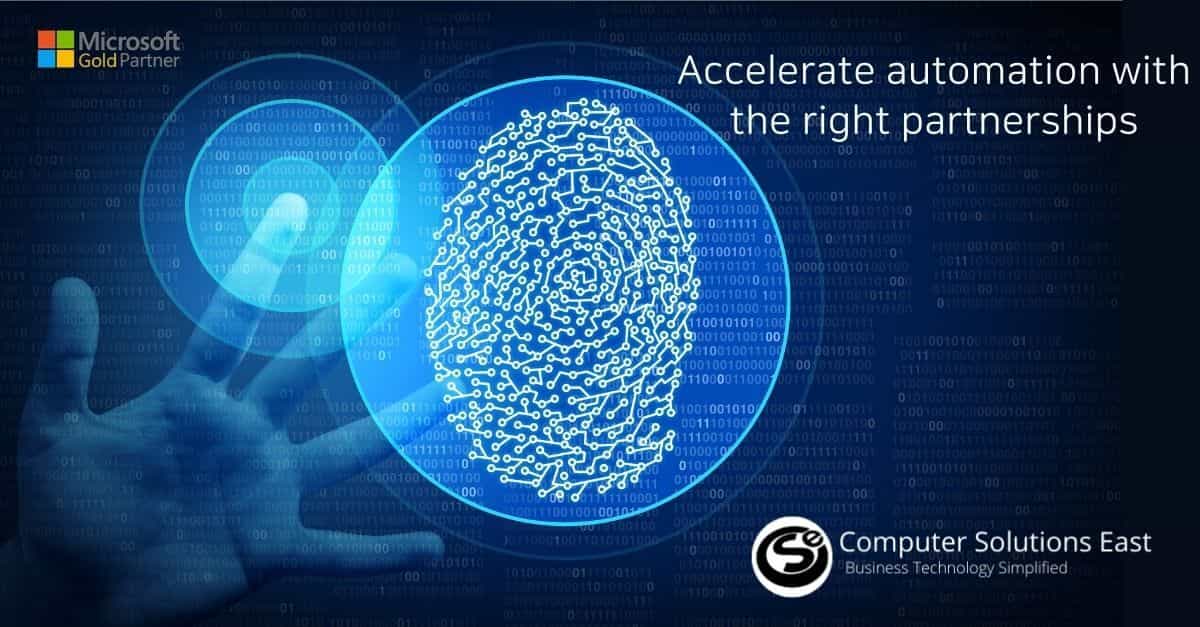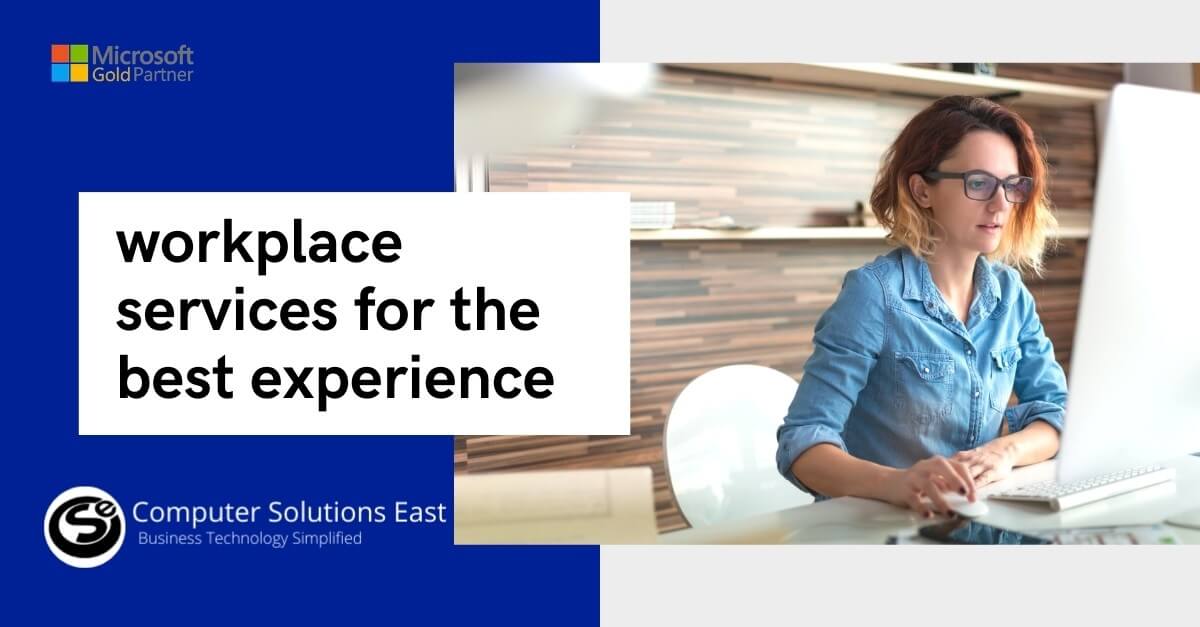Data Protection Tips: Keep Passwords & Personal Information Safe
Protecting your passwords, financial information, and other personal data from external threats is no longer a business concern. It’s a matter of personal security that individuals and consumers must prioritize. Adopting sound data protection practices is no longer a choice but a necessity to safeguard sensitive personal information.

Keeping your passwords and other personal information safe and secure from outside intruders has been a priority of businesses. Still, it’s increasingly essential for people to note data protection advice and follow sound practices to keep sensitive information safe and secure.
Here are tips for keeping your personal information safe from threats:
Encrypt your data
Data encryption is now a manageable task reserved for technology experts. Thanks to modern tools, anyone can now easily encrypt their emails and other sensitive information, empowering you to take control of your data security.
Previously, encryption was considered a complex task that could only be handled by experts in mathematics and technology. However, in recent years, several publicly available tools have simplified encrypting and decrypting emails and files, making it easier for everyone to use.
Backup your data
One of the most fundamental yet often overlooked tips for data protection is backing up your data. This involves creating a duplicate copy of your data in case a device is lost, stolen, or compromised to prevent the loss of important information.
According to Nationwide and the U.S. Chamber of Commerce, 68% of small businesses still need a disaster recovery plan, which can lead to significant financial losses. The more extended data is restored, the more money can be lost.
Make your old computer’s hard drives unreadable.
It is possible to obtain a lot of information from old computer devices. However, to protect your data, you must ensure the hard drives are unreadable before you dispose of them.
The Florida Office of the Attorney General advises data backup and transferring the files elsewhere before sanitizing the disk. You can sanitize the disk by using software to wipe it clean, magnetically cleaning it, or shredding it. It is essential to destroy old computer disks and backup tapes to secure your personal information.
Secure your wireless network at your home or business.
It’s always recommended to secure the wireless network with a password, whether you’re a small business owner, an individual, or a family. This prevents unauthorized individuals from hijacking your wireless network, even if they just want free Wi-Fi access.
You don’t want to accidentally share private information with others using your network without permission. If you have a Wi-Fi network for your workplace, ensure that’s secure, encrypted, and hidden. Hiding Wi-Fi network by not broadcasting the SSID when setting up the wireless access point or router.
Don’t save passwords to your browser
Storing passwords in browsers and apps is convenient but risky if your device is lost, stolen, or accessed by someone else.
To avoid this, it is recommended that you disable the automatic password-storing feature and delete any passwords that have been saved so far. However, if you find auto-fill a convenient feature, you can use a password manager to keep your passwords safe. Password managers allow us to store the passwords and protect them with a master password. The best password managers are compatible across different devices, making storing and accessing your passwords on desktop and mobile devices easy.
Data breaches and cyberattacks have increased by 15% compared to last year. To protect your data, adopting the best cybersecurity practices is essential. The tips mentioned above will help you keep your data safe and give you peace of mind. However, cybercriminals are constantly developing new ways to access personal data.
Computer Solutions East is dedicated to safeguarding your data using advanced cybersecurity systems and adhering to industry best practices.
So, relying only a little bit on current best practices is essential. Instead, stay up-to-date with the latest threats to learn how to handle them correctly.


